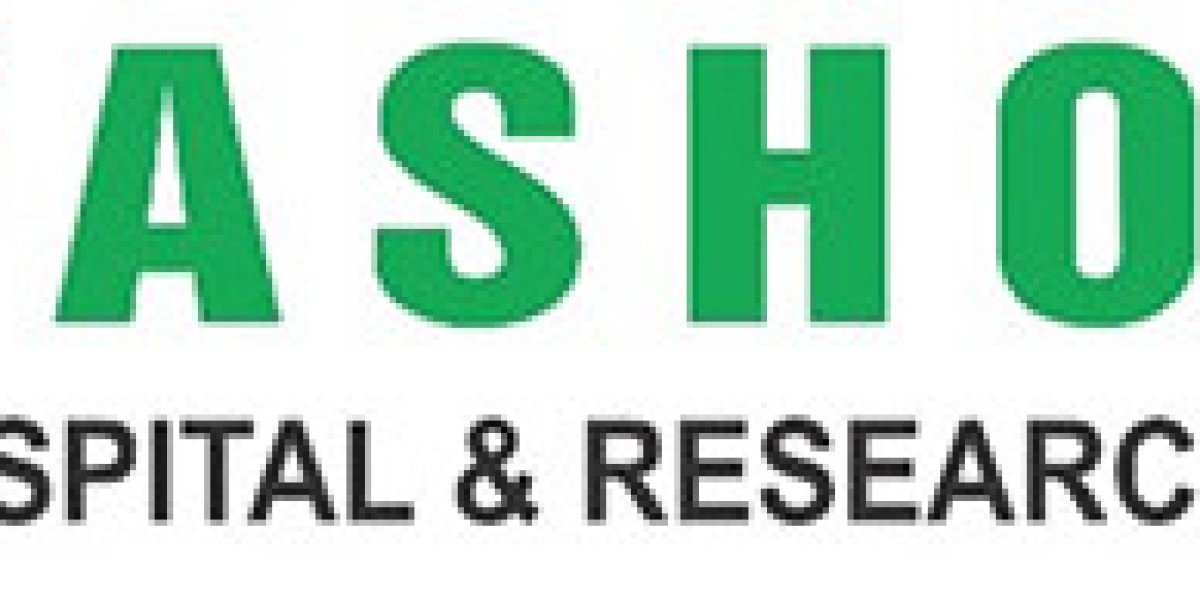The Department of Radiology at Yashoda Hospital in Ghaziabad boasts of a highly specialized and world-class academic and full-service division of the hospital, putting patients first. We have a committed team of professional radiologists having exceptional expertise in the related field. We use state-of-the-art technology to deliver the utmost care to our patients.
At Yashoda, we understand that early detection is a must to treat any disease. With the help of advanced imaging technology for early disease detection, we leave no stone unturned to make the optimum use of this technology. We use a range of imaging techniques, such as CT and MRI, digital mammography, and ultrasound.
Our radiologists work in close collaboration with surgeons, oncologists, and other caregivers to accelerate the diagnosis and treatment of patients with neuro, liver, head and neck, breast gastrointestinal and musculoskeletal cancers.
What are the Conditions Diagnosed at Yashoda's Radiology Department?
- Cancer
- Kidney Disease
- Vascular Issues
- Bile Duct and Gallbladder Issues
- Liver Disease
- Uterine Issues
- Infections
- Back Pain
Radiology and Imaging Services at Yashoda Hospital
Our dedicated team of professional radiologists use the latest and most advanced diagnostic procedures to quickly and accurately make diagnoses in every disease area. We provide doctors with images needed to ensure early detection and treatment.
Radiology Services Offered Are:
Interventional Radiology
Interventional Radiology (IR) refers to a comprehensive range of techniques that performs various minimally-invasive procedures. This procedure uses various medical imaging guidance, such as x-ray fluoroscopy, ultrasound, computed tomography, and magnetic resonance imaging. Most IR treatments are alternatives to open and laparoscopic surgery.
Magnetic Resonance Imaging (MRI)
Magnetic resonance imaging (MRI) uses a powerful magnetic field, radio waves to create a picture of the inside of the body. At Yashoda hospital, we routinely perform MRIs to help evaluate and diagnose numerous conditions. We also perform several specialty imaging procedures such as prostate MRI, brain spectroscopy, magnetic resonance angiography (MRA) and venography (MRV). In pregnant women, body MRI may be used to monitor your baby safely.
Computed Tomography (CT)
A computed tomography (CT) is a medical imaging procedure that scans and assembles a series of X-ray measurements taken from different angles to allow the user to see inside the object without cutting. Our advanced imaging procedures such as CT angiography helps in diagnosing coronary artery disease, peripheral artery disease, pulmonary embolisms (blood clots) and other cardiovascular conditions.
Bone Density Scan
A bone density test helps to estimate the density of your bones and your chance of breaking a bone. Our central dual-energy x-ray absorptiometry(DXA) machine diagnose osteoporosis.
Ultrasound
Ultrasound, or sonography, provides high-resolution images of the inside of the body. We possess high-end ultrasound machines that have excellent image quality and are equipped with modern applications like Harmonic Imaging, elastography, and 3D imaging.
X-ray
This diagnostic procedure are used to examine most areas of the body. The electromagnetic waves take images of the body to aid your doctor to look inside your body without having to make an incision. They are used to look at the bones and joints, although they're sometimes utilized to detect problems affecting soft tissue, such as internal organs.
Mammography
To detect breast cancer, mammography is the most common screening method. Our digital mammography system, located at Yashoda Radiology Department, can detect breast cancer earlier in patients than did the previous film mammography technology. This procedure uses X-rays to help detect tumours or abnormal growths in the breasts.
Nuchal Translucency
Yashoda Radiology departments boast advanced ultrasound technology, which is useful for the screening test in the first trimester of pregnancy. You can screen and can check for the risk of certain conditions such as Down syndrome, chromosome abnormalities and heart problems in the fetus.
Nuclear Medicine
Nuclear medicine uses minimal amounts of radioactive materials, or radiopharmaceuticals to help our physicians evaluate organ function and locate tumours and certain types of infections. While treating thyroid, parathyroid and breast cancer, we use it in conjunction with surgery.



